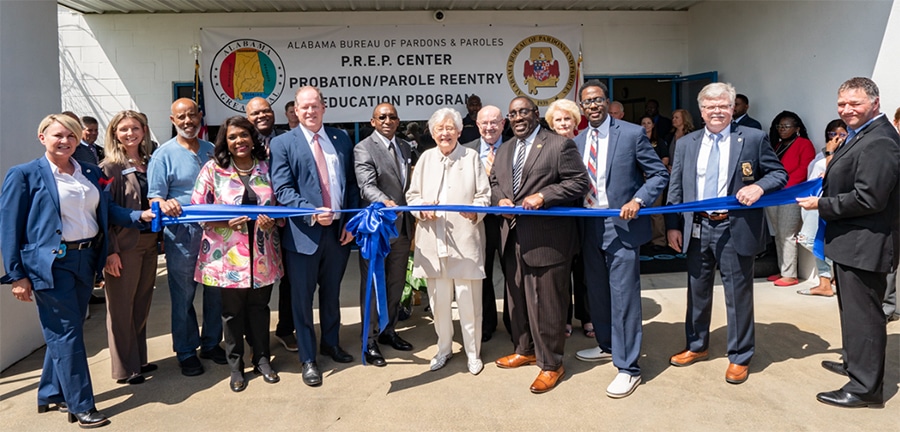
Since it was passed in 2007, the Second Chance Act has focused on linking individuals returning to communities with treatment, training and services that, in theory, would reduce recidivism. A recently published report by the Council of State Governments Justice Center, “50 States, 1 Goal: Examining State-Level Recidivism Trends in the Second Chance Era,” found promising results. In fact, the report found the average recidivism rate across all states fell 23% — from 35% to 27% — since 2008.
In addition, almost three-quarters of the 50 states had a drop in recidivism since the landmark legislation was implemented into law. In nine states, the recidivism rate fell by double digits, with California leading the way with a whopping 69% drop in recidivism since the law passed. Other states with major drops in recidivism rates highlighted in the report include Colorado (40%), Iowa and Michigan (30%), Texas (34%) and Missouri (33%).
Each year, more states are focused on reentry efforts and applying the tools, resources and funding of the Second Chance Act. In 2023, Alabama, Missouri, North Carolina and Nebraska joined Reentry 2030, a group-led national initiative supported by The Council of State Governments Justice Center that takes a human-centered, coordinated, transparent and equitable approach to improving success for those exiting prison. Eventually, the goal is to have all 50 states participate in this initiative.
The Second Chance Act goal was to reduce recidivism by increasing access for individuals returning from incarceration to treatment, mental health services, medical care and supporting economic independence through work readiness and housing programs and services. The government supported the law with funding, grants, resources, toolkits and research. As also highlighted in this CSG report, an additional benefit of reducing recidivism is lowering the cost of incarceration for government. Despite these improvements, CSG estimates states still spent $8 billion for incarceration in 2022.
GEO Reentry Services is working with states nationwide to implement reentry services that focus on cognitive behavioral treatment designed to reduce criminal thinking and risk and support successful reentry into community life. For example, GEO Reentry operates more than a dozen day reporting programs and in-custody programs in California for the California Department of Corrections and Rehabilitation and county agencies. In Alabama, GEO Reentry is helping the state to transform how it prepares individuals release to residential reentry programs that include collaborating with a community college to deliver technical work training. One such program, the PREP Center in Uniontown, Ala., has been recognized as a leading example of how to prepare former inmates to receive treatment and workplace training.
